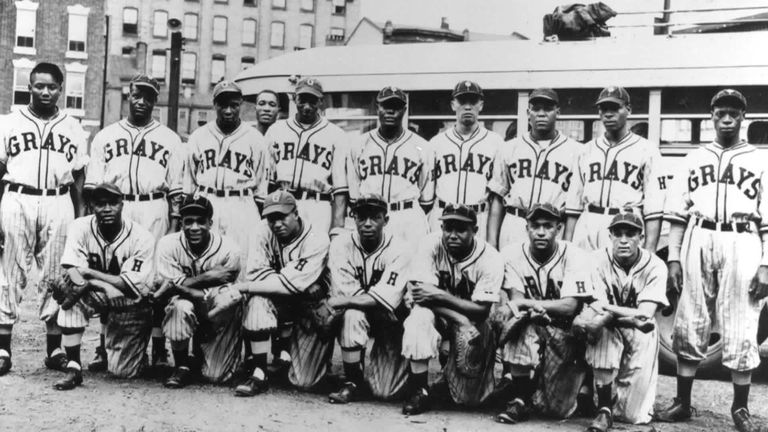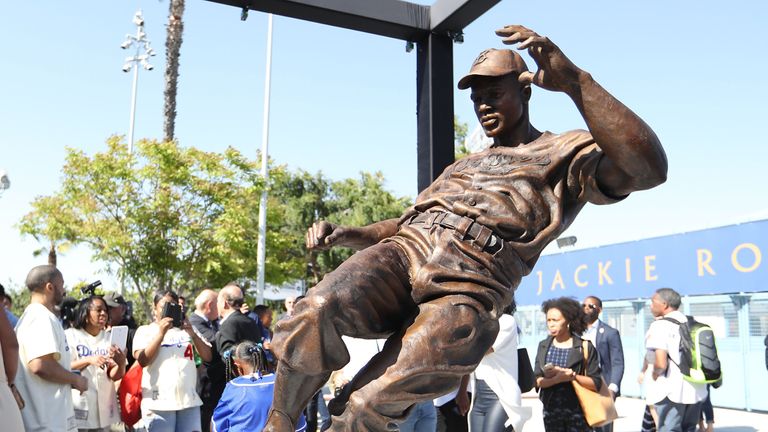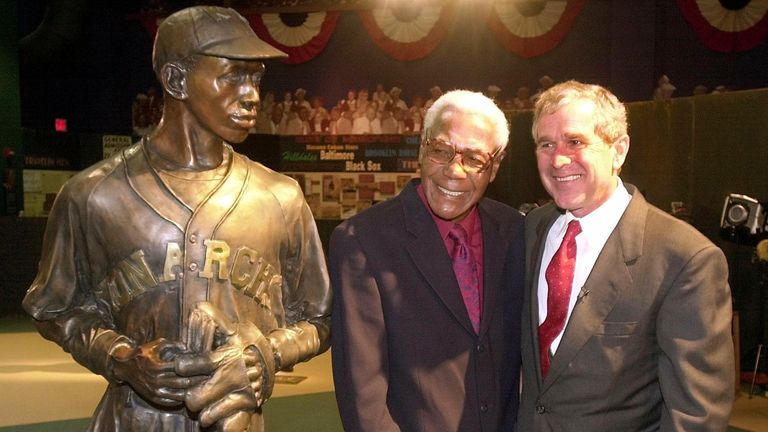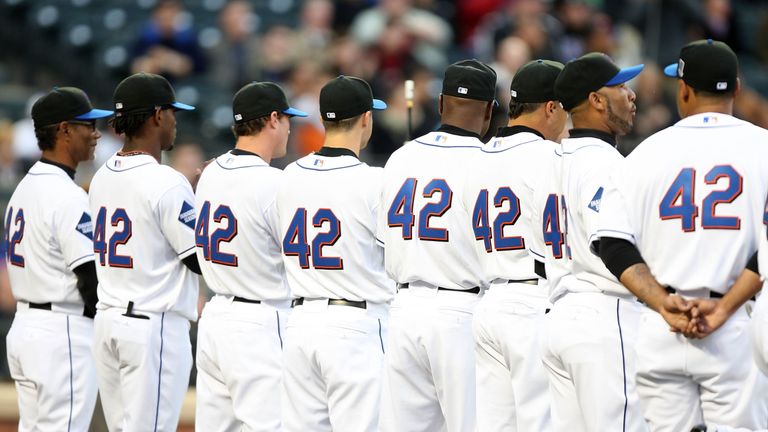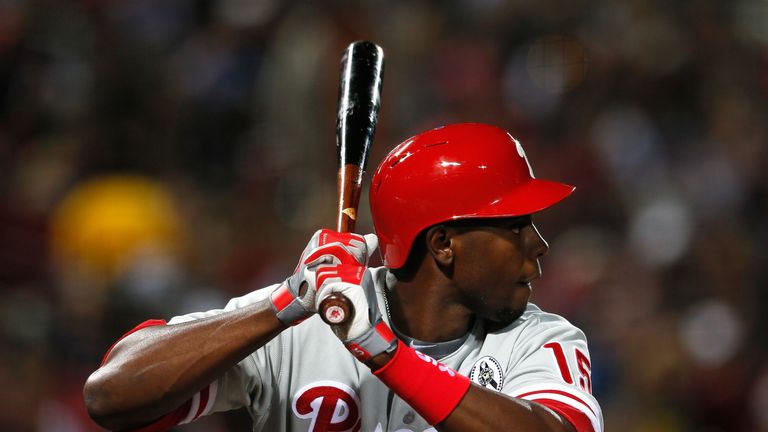Baseball in the 21st century is a long way departed from the segregated state of the sport less than 70 years ago, the topic of a new documentary from Sky Sports News – ‘America’s Sporting Shame’.
As recently as the post-Second World War years, major league baseball was almost strictly 100 per cent white, players from black and Hispanic backgrounds told in no uncertain terms that they were not welcome.
Negro leagues had existed since the 19th century, sport mirroring American society in its blinkered attitude to minorities, and those who tried to make their name in the majors came up against threats of violence.
The emergence of serious Negro leagues in the 1920s – led by the visionary Andrew Rube Foster – gave black players the chance to showcase their talents and play in front of crowds often larger than major league teams across the United States – crowds which ironically included thousands of white fans.
“Everything was segregated, baseball included,” Bob Kendrick, president of the Negro Leagues Baseball Museum, told Sky Sports News presenter Mike Wedderburn, who travelled to Kansas City to film the documentary.
“Some of the greatest African-American and Hispanic baseball players did not have a place to showcase their world-class baseball ability.
“They were shunned away from the major leagues, although there were some early instances where a few players of colour snuck on to teams, were not recognised but then were discovered and kicked off teams.
“As baseball fans, we were cheated. We should have seen all of the best players take the field at the same time. How much better would our sport have been if the doors had opened sooner – they record books would have looked a lot different.”
Mike Wedderburn: How ‘America’s Sporting Shame’ inspired me
The Negro leagues of the 1920s, which developed over more than two decades despite the interruption of conflict, would eventually pave the way for thousands of black and Hispanic players to become household names.
By the late 1940s, the time had come for change.
Satchel Paige made it, but too late in his career – “arguably the greatest pitcher this sport has ever seen” according to Kendrick – but legendary Negro leagues power hitter Josh Gibson and Cool Papa Bell, one of the fastest players ever to emerge. would never make it.
However, Jackie Robinson’s emergence proved to be the game changer in 1947.
“There was tremendous name-calling, team-mates shunning him, death threats, all those things you would see. One team tried to start a strike against him,” said Joe Posnanski, author of The Soul Of Baseball.
That did not stop Robinson, who would go on to hit 137 home runs in just under a decade in the majors for the Brooklyn Dodgers.
Robinson’s No 42 jersey, since the retirement of New York Yankees pitcher Mariano Rivera in 2013, is only ever worn on April 15 – Jackie Robinson Day – when all players on every team wear it – that, put simply, is his impact on the sport.
John Mayberry, who played for the Kansas City Royals in the 1970s and whose son was also a major leaguer, said: “Those guys built a bridge that I could cross over and play in the major leagues. I am grateful for what they did and the sacrifice they made so a guy like me could reap some of the benefits of being at the highest level of baseball, the major leagues.”
That story is repeated across baseball, a story told at the Negro Leagues Baseball Museum, where the impact on sport and society in general is celebrated.
Kendrick concluded: “That to me is what makes this so special. They could have easily said ‘forget about it – this is too hard, I’m not going to do this’ but they didn’t succumb to that. That’s why this story is so triumphant in its nature. You rise above all that, refuse to accept the notion that you are unfit and say ‘I’ll show you!’
“They just wanted to play ball. The perseverance they demonstrated in the face of adversity not only changed our sport, it changed our country for the better.”
Click on the video at the top to watch ‘America’s Sporting Shame’. You can also watch the documentary on Sky Sports News on December 27 at 0930, 1230, 1530 and 1830, as well as On Demand.
Source: Read Full Article
